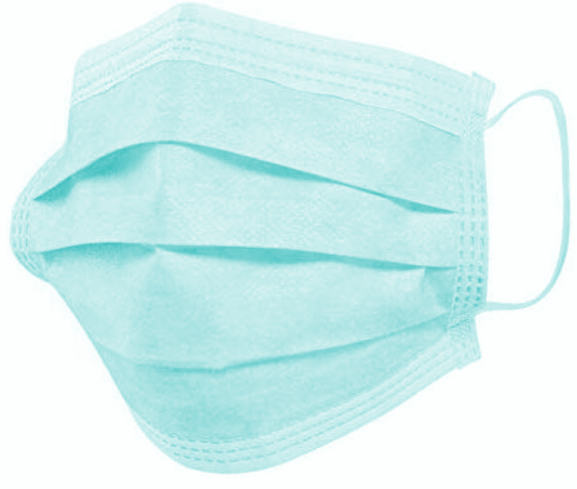Health staff want PPE clarity
 A lack of personal protective equipment (PPE) is causing Australian frontline healthcare workers to question their willingness to work.
A lack of personal protective equipment (PPE) is causing Australian frontline healthcare workers to question their willingness to work.
Researchers have released preliminary data from a national survey asking healthcare workers about the issues they are confronting while trying to do their jobs on the frontlines.
Over 350 doctors, nurses and paramedics have already completed the survey, with around half of all participants reporting a lack of access to the PPE needed to do their jobs safely.
“Doctors were more likely to report lack of access to PPE compared to paramedics and nurses,” said Professor Erin Smith from Edith Cowan University.
“Face masks, face shields, gowns and hand sanitiser [are] the types of PPE most often in short supply.”
Nearly 70 per cent of participants reported being asked to ration their use of PPE, and around 30 per cent noted that colleagues had resorted to using non-traditional or non-vetted forms of PPE in order to protect themselves. Doctors were more likely to report this than nurses and paramedics.
“Just over 20 per cent of all participants reported being tested for COVID-19,” said Professor Smith, “and 30 per cent have chosen to physically isolate themselves from other members of their household, including sleeping in different bedrooms or moving out of the family home in an attempt to protect loved ones”.
“We found 17 per cent of participants had undergone a period of self-isolation due to work-based exposure to COVID-19. Doctors were more likely to do this than paramedics or nurses.”
The survey highlighted that one of the biggest concerns for frontline healthcare workers is the health and well-being of their loved ones, particularly those within their immediate households.
“We have seen 81 per cent of participants suggested they were concerned about exposing their family members to the virus,” said Professor Smith.
For 41 per cent, this concern was rated as “extreme”.
“They are worried that by doing their jobs, they could potentially go home and infect their loved ones. And they have every right to be concerned with the thousands of healthcare workers around the world infected and hundreds dead,” she said.
When it came to supporting frontline healthcare workers, around half of all participants believed that their workplace was failing to do everything possible to protect them at the present time.
Communication was a major contributing factor, with forty per cent being dissatisfied with the way employers had communicated to date.
“There were clear concerns regarding the perceived transparency and timeliness of communications from employers, particularly around PPE,” Professor Smith said.
“Our frontline workers need to know how much PPE there is and when they are likely to run out, and what we are hearing is that this clear information is not coming.”
Paramedics were more likely to be dissatisfied with communication from their employers compared to doctors and nurses but were less likely than doctors and nurses to report that access to PPE had negatively impacted their willingness to work.
“These results are important as they paint a clear picture of frontline troops in the war against COVID-19 are struggling to access the PPE they need to protect themselves,” Professor Smith said.
“This is ultimately forcing them to make the difficult decision about whether they continue working or not.”







 Print
Print